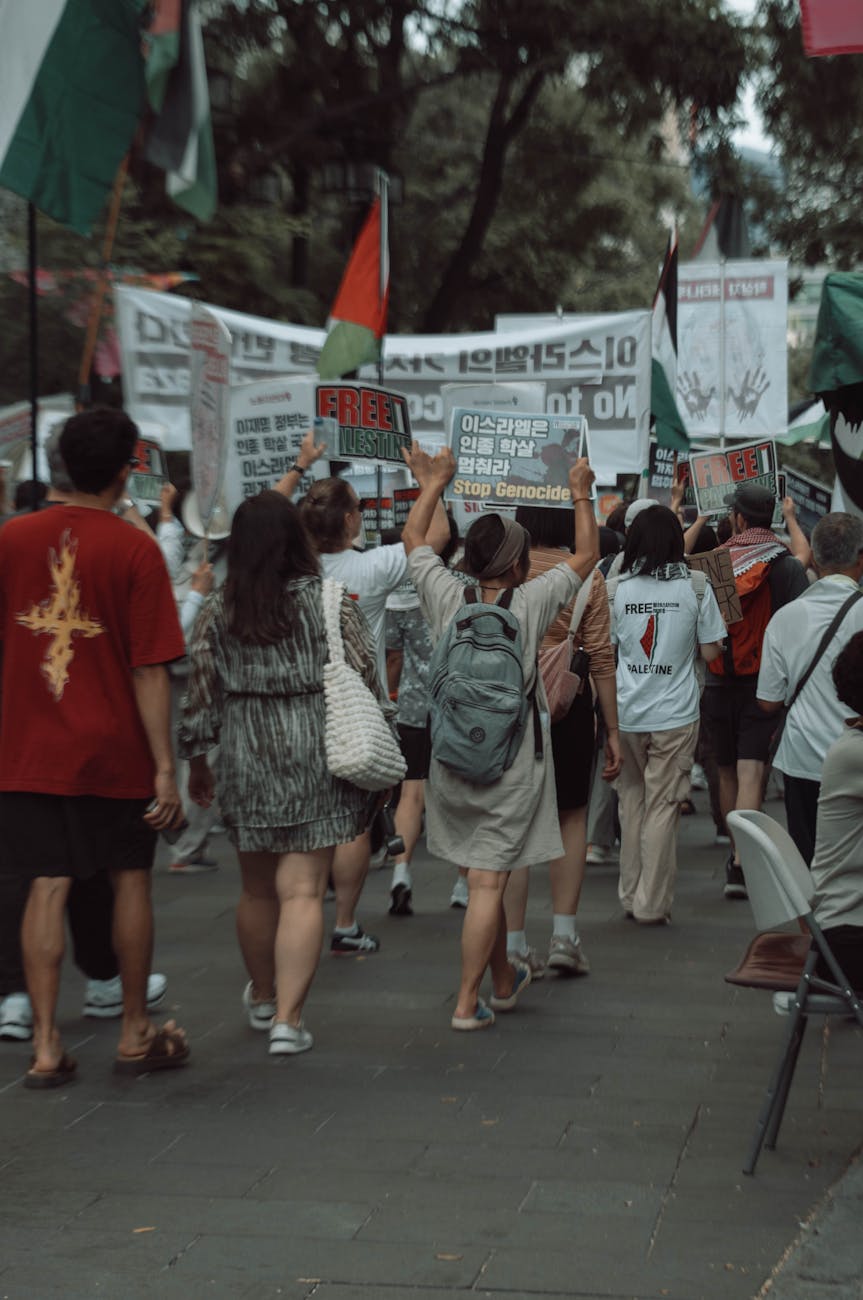South Korea’s Response to ICE Raids
In a startling turn of events, South Korea is launching an investigation into alleged rights violations following a raid by U.S. immigration authorities at a factory. The incident involved the detention of around 300 South Korean workers by the U.S. Immigration and Customs Enforcement (ICE). This aggressive action has sparked significant backlash from trade unions and workers’ rights advocates in Seoul, who are demanding accountability and an official apology from the U.S. government. The raid, which took place under the guise of enforcing immigration laws, has sent shockwaves through the South Korean community, raising serious questions about the treatment of foreign workers in the United States.
Workers’ Rights Under Fire
The raid has raised serious concerns about the treatment of foreign workers in the United States, particularly in industries that rely heavily on immigrant labor. Many of the detained workers were reportedly engaged in routine operations at the factory when they were apprehended. Trade unions argue that these actions exemplify a broader pattern of discrimination and mistreatment faced by immigrant workers, who often operate in precarious conditions without adequate legal protections. The emotional toll on these workers and their families cannot be understated; many are now left in limbo, unsure of their future and fearful of deportation. This incident serves as a stark reminder of the vulnerabilities faced by immigrant laborers, who often find themselves in a precarious position, caught between the need for employment and the risk of exploitation.
Trump’s Dismissal of Concerns
Amid the uproar, former President Trump commented on the situation, stating that he does not wish to “frighten off” foreign investment. This remark has only fueled the anger of trade unions and human rights organizations, who perceive it as an insensitive response to a serious issue. Critics argue that prioritizing foreign investment over the well-being of workers is a dangerous precedent that undermines labor rights and ethical standards in the workplace. Trump’s comments reflect a broader trend in which economic interests are often prioritized over human rights—a trend that many believe needs to be addressed urgently. The implications of such a stance are far-reaching, potentially leading to a climate where workers’ rights are continuously sidelined in favor of economic gain.
The Broader Implications
This incident not only highlights the complexities of labor rights in a globalized economy but also raises questions about the effectiveness of existing protections for immigrant workers. As South Korea investigates the situation, it remains to be seen how this will impact diplomatic relations between the two nations, particularly in the context of labor rights and trade agreements. The outcome could have significant implications for how both countries approach worker protections moving forward. If left unaddressed, such incidents could lead to a deterioration of trust between the U.S. and its allies, particularly those that have a vested interest in labor rights. The potential fallout could also influence future trade negotiations, with countries demanding stronger labor protections as a precondition for economic partnerships.
International Solidarity and Future Actions
In light of this situation, international solidarity among labor organizations is crucial. Unions in South Korea are not alone; they have the support of global labor movements that are increasingly vocal about the rights of workers across borders. This incident could serve as a rallying point for advocacy groups worldwide, pushing for stricter enforcement of labor rights and immigration protections. Activists are calling for more significant reforms that would ensure that workers, regardless of their nationality, are treated with dignity and respect. The conversation around labor rights is evolving, and incidents like this one highlight the urgent need for comprehensive policy changes that prioritize human rights over corporate interests.
Questions
What measures can be taken to better protect immigrant workers in the U.S.?
How might this incident affect U.S.-South Korea relations in the long term?
What role do trade unions play in advocating for worker rights during such crises?

